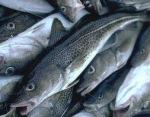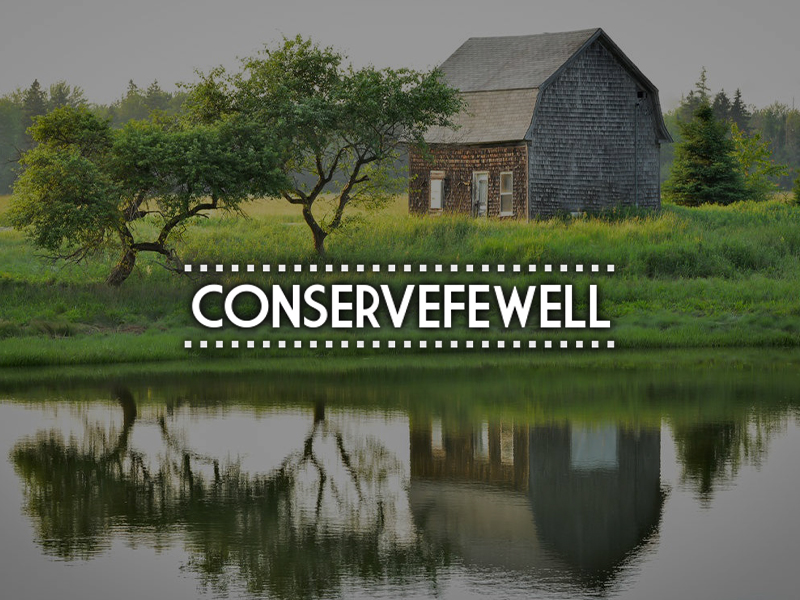By Brent Fewell
We each have them, those childhood experiences that shape our life perspective and canvas our memories of youth. Mine was spending summers in Maine. I still feel it as though it were yesterday, that building excitement as we crossed the Piscataque River Bridge in Kittery Maine after a long and grueling road trip. My brother, Scott, and I would roll down our windows, stick out our heads, and deeply inhale that first breath of salty air, tinged with the acrid smell of sour mud and clam flats. I can smell it now. Among the many wonderful memories of sailing, digging claims, eating lobster,  and hunting for crabs was that special deep-sea fishing trip with our dad that we had dreamed about for the past eleven months. Deer Isle Maine was our point of departure and the cod fish – the holy grail for the day – was our quest.
and hunting for crabs was that special deep-sea fishing trip with our dad that we had dreamed about for the past eleven months. Deer Isle Maine was our point of departure and the cod fish – the holy grail for the day – was our quest.
I was saddened to read an article in this morning’s NYT that describes the cod’s current plight. Drastic measures are being taken to save the Atlantic cod fishery from consuming itself into extinction. The federal government is having to make some very tough decisions that, although establish a path toward saving the fishery, will be painfully felt by many families and communities. The annual quota for cod along the Coast of Maine will be slashed to 1,550 metric tons, down from 8,000 metric tons just a decade ago. A NOAA official, during a town hall meeting, said “I do not deny the costs that are going to be paid by fishermen, families, communities. They are real. They will hurt.” While the government is making the best of a bad situation, it shoulders much of the blame in this travesty of fish and fishermen by failing to provide good science, good governance, and appropriate incentives to conserve and sustain the fisheries.
The government scientists reportedly wildly overestimated the cod population and underestimated the sustainability of current catches. This has hurt not only the fishery but the fishermen who will pay dearly for this mismanagement. We must learn from these painful mistakes. And we can learn from our friends to the north. The Canadian’s have figured out how to sustain their fisheries through a quasi market-based approach, using ITQs or individual transferable quotas. ITQs establish a total allowable catch, based on sound science that prescribes sustainable catches and populations, and then allows market forces to select and determine the highest and best use of the fish. Fishermen, conservation groups, or investors can buy and sell ITQs and they are vested with an economic incentive to wisely manage the resource. It’s not a private market in the purest sense, because the government still serves an important role as referee, monitoring and modifying total catch based on research and science and enforcing against potential cheaters. While ITQ are not perfect, it’s a far superior approach to that of the command-and-control regulations that have caused this mess in the Atlantic.

